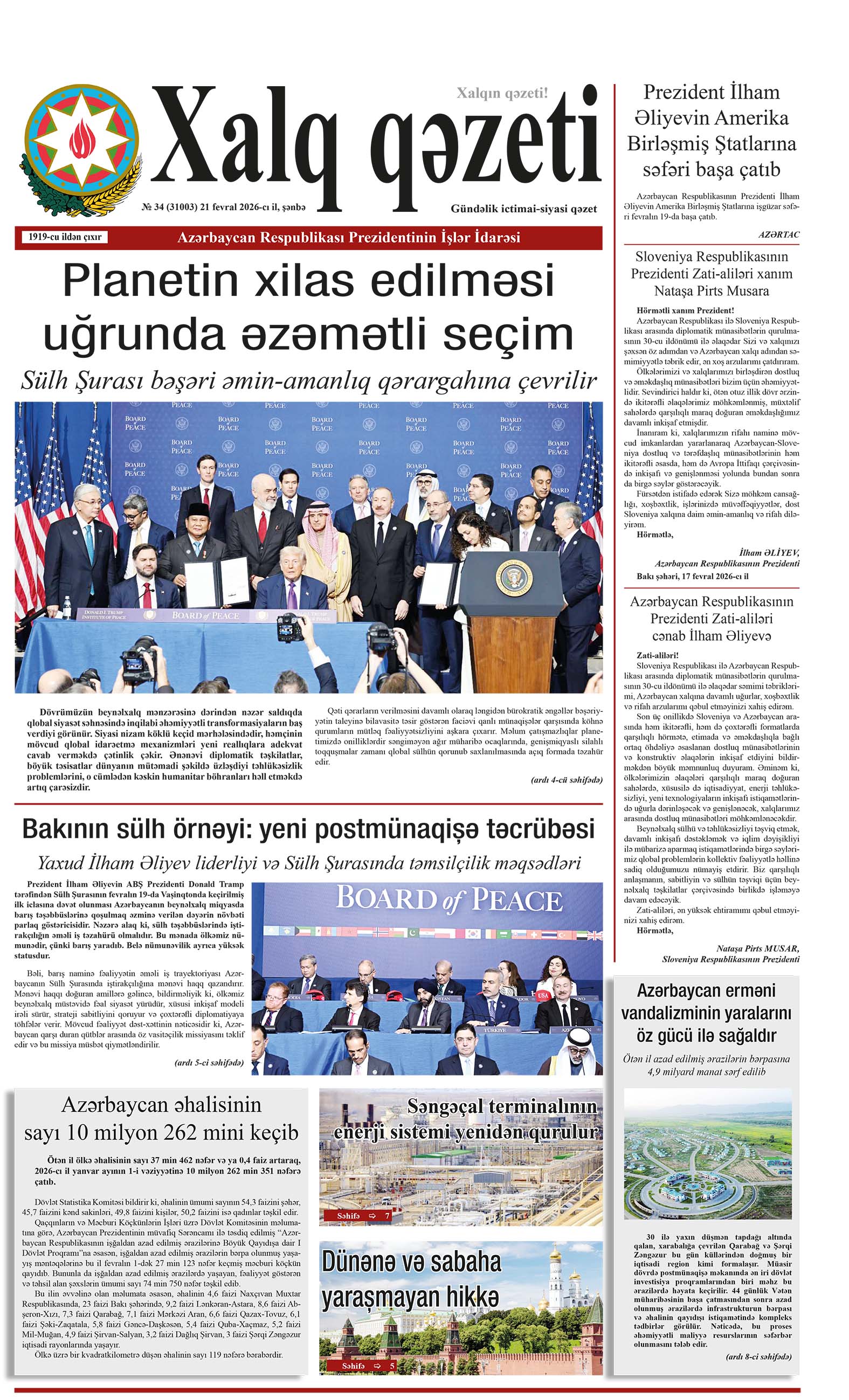Jerusalem Post
ByANAT INBAR
“I don’t have time” is the common excuse that keeps us from taking care of ourselves. Anat Inbar’s Time Diet offers a mindful approach that reconnects us to the present moment.
How many times have you wanted to start doing something good for yourself – sports, organized eating, paying attention to yourself – and found yourself saying: “I don’t have time”! These two words have become, in our language, an unquestionable fact. They prevent us from acting and seemingly calm us, but in reality, they leave us stuck.
But time is not lacking. It is here, in every moment. The question is: How do we choose to use it? Most of the time, we postpone what really matters – nutrition change, physical activity, personal growth – to “tomorrow” or “after the holidays.” This way we lose the only moment in which we can truly influence – the now.
Constant postponement creates behavior opposite to the feelings we want to experience. If we decide that “tomorrow we start a diet,” it’s likely that today we will already eat too much – because we think that tomorrow it will be over.
The “tomorrow diet” culture focuses on what will not be: “Tomorrow we won’t eat sweets,” “After the holidays we won’t eat bread.” The result? We eat more of it already now, from a feeling of threat and fear that someone is “taking away” something essential from us. In reality, of course, the food never really disappears – there will always be bread, there will always be doughnuts. But focusing on what is missing creates a sense of lack, which leads to overeating, frustration, and guilt.
Not only the future worries us, the past can also interfere. We tend to compare ourselves to what we once were – the weight we had, the appearance we had, the habits we managed to maintain. But the past no longer exists, and when we insist on living through it – we harm our quality of life in the present.
The Time Diet – Focusing on What Is
Therefore, I suggest a useful perspective: The Time Diet. Not another diet in the sense of prohibitions, but a mindful shift that brings us back to look at what we have in this moment – and act from it. Here are the five main principles:
1. Eat with full presence
Sit down to a meal without screens and distractions. Respect what enters your body – just as you would want to know who enters your home or your bank account.
2. Focus on the abundance that exists
Instead of thinking about what you don’t have, look at what is on your plate and say to yourself: “I have abundance.” The knowledge that you can always eat again in the near or distant future reduces emotional eating.
3. Listen to your body
Ask yourself: How do I want to feel after the meal? According to that, decide when for now it is enough for you.
4. Break evening habits
Instead of eating after 20:30, place the foods you craved next to your bed. Knowing that they are next to you, yours also for tomorrow, prevents the urge to “finish everything now.”
5. Give yourself credit
Find something small and good every day – a compliment to yourself, a positive thought, a small achievement. Self-acknowledgment creates a sense of abundance and strengthens motivation.
Life happens here and now. Not tomorrow and not yesterday – but in this moment. The “Time Diet” offers a simple yet profound way to change our relationship with time, with food, and with the body: To be present, to see what “is,” and to choose from abundance and not from lack.
In movies you can play with time. In life – time is alive, kicking, and present now. And we have the possibility to influence. When? Now.
The writer, Anat Inbar, is the founder of the “Nourishing Consciousness” method, and the author of the book You Don’t Gain Weight from Food.














